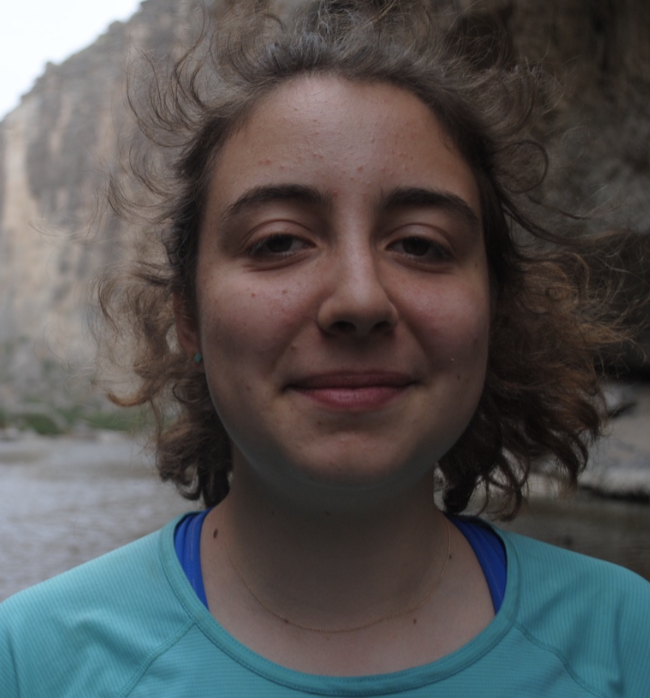One of your first assignments in law school most likely will be a legal memo. Legal writing is different than other forms of academic writing – it is repetitive and can feel a bit clunky.
Legal writing’s main goal is clarity. Legal writing is not interested in flourish or wit. Legal writing wants to build, block by block, a sturdy structure. Not a Jenga tower - no leaning or fears of collapsing - you want your legal memo to be a Lego tower, with each piece satisfyingly clicking into the next. If you’re not sure where to start, here are five steps to get you started:
1. Start early - it will take longer than you think
Legal memos can take a long time mostly because everything you write needs to based on a legal rule. Without being well-versed in the subject matter beforehand (as none of us are as 1Ls), it takes quite some time to get a sense of the legal area you are being asked to write about.
In addition, legal memos have a particular format. This format is distinct from other kinds of non-legal writing and it can also take a moment to adjust to it. Though your professor may have preferences on certain parts of the format, a legal memo generally is split into: (1) Question presented (2) Brief answer (3) Statement of facts (4) Discussion (the juicy part) (5) Conclusion. Make sure you understand the format so that you know what kind of information you will have to present and in what way.
2. Understand the issue you are asked to investigate
Before you start building the Lego tower, you need to understand the blueprint.
Knowing what your audience is asking is always the most fundamental part of writing in any context. For a legal memo, this means (1) understanding the legal issue your professor has asked you to investigate and (2) immersing yourself in the facts. Understanding both of these concepts deeply will be the guiding light in the dark hole that can become legal research. In moments of blind panic, you can always return to - what question am I answering?
3. Research until you’ve gone down one too many rabbit holes
Choose your Lego blocks - don’t just pick up the first ones you see. Choose them while picturing your tower in your mind.
Each time you read a case, ask how the case helps (or doesn’t) to answer the question you are researching. Legal research can seem never-ending, and so it’s hard to know when it’s time to stop. I have found that when I start reading cases that reference other cases that I’ve already read, I’m in a pretty good spot to step away.
When you’re done researching, you should be able to explain the issue to someone who knows nothing about it.
4. Cite, cite, cite
No riffing. No side bars. Legal memos are built from Legos, not from fluff. After every rule sentence you write in your discussion section, imagine your professor asks you - how do you know that? Legal memos are not interested in you making up the law (although that can be tempting). Stick to what the cases tell you, and give them credit.
5. Apply the law to the facts
Open your draft in two separate windows. Go ahead. Now put one draft on one side of your screen, and the other on the other side. Scroll to the legal analysis section of the issue you are working on in one copy, and then the section where you need to apply the facts to that issue in the other. Go line by line in the legal analysis and apply your rule statements to your facts. Do not fall into temptation and share your opinion or other arguments - if you want to make another argument that you don’t see in your legal analysis, go find a case that backs it up.
Legal memos are immensely challenging, but when you’re all done, they’re quite satisfying. Eventually, it will all get easier (as does everything after the first try!) and you will look back on your first memo with a smile. With your first legal memo under your belt, you are that much closer to becoming an attorney. Good luck!


Comments